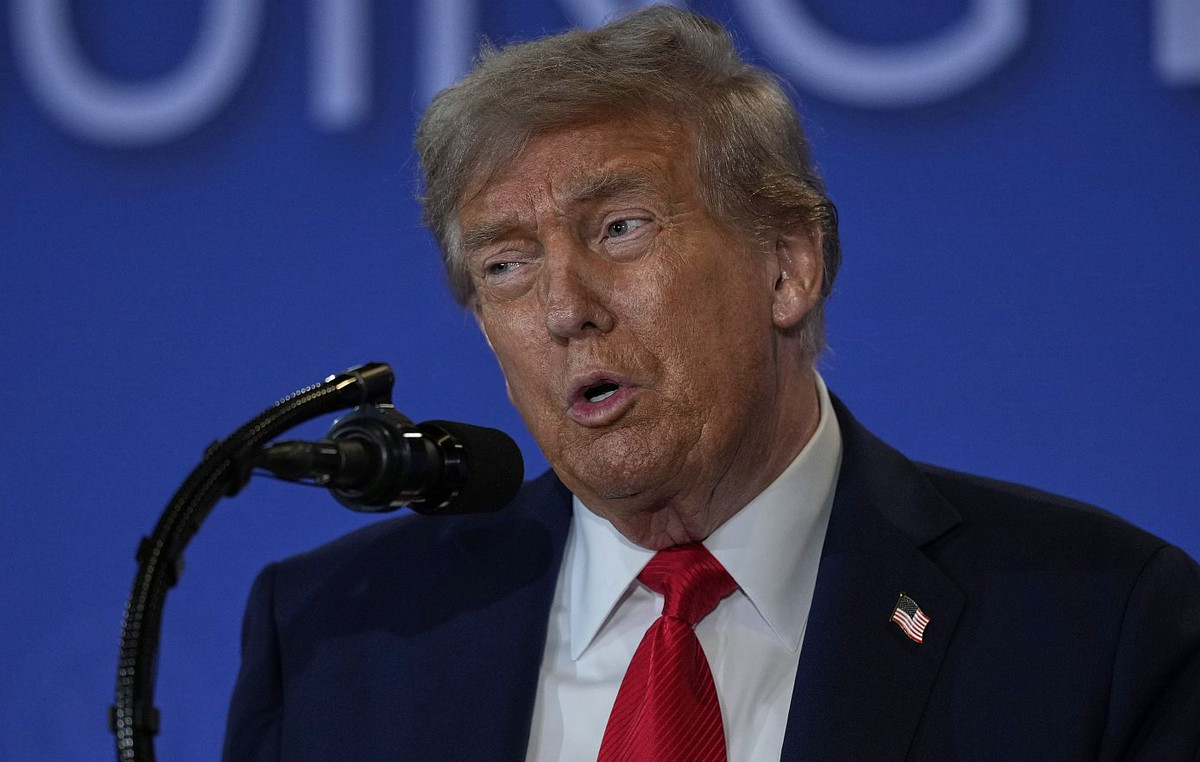The Committee of Experts of the Council of Europe on the Evaluation of Measures to Combat Money Laundering (Moneyval) notes an increase in the number of cases of money laundering using cryptocurrencies.
The committee posted a report reporting on fraud, tax evasion and market manipulation occurring with the help of digital assets.
The European regulator has warned about the problems associated with decentralized finance (DeFi), anonymous cryptocurrencies and what it considers to be market manipulation. The head of Moneyval, Elzbieta Frankow-Jaskiewicz, said that the regulator has repeatedly noted cases of using cryptocurrencies to launder illegal money:
“It is well known that money launderers have been abusing cryptocurrencies since their inception ten years ago. The methods are becoming more sophisticated and widespread, ranging from drug trafficking to fraud, corruption and tax evasion.”
The Moneyval Committee of Experts has joined standard-setters such as the Financial Action Task Force (FATF) in calling for a tougher approach to digital assets.
The rapidly advancing technology, which often spreads across multiple jurisdictions, poses challenges for regulators, calling for greater oversight as well as better coordination among national agencies, the paper says.
“There is a suspicion that some of the smaller cryptocurrencies are created specifically for the purpose of money laundering. In addition, larger virtual assets are subject to serious market manipulation, which is also a serious crime,” said Frankov-Yaskevich.
Moneyval controls typically small European territories that are not controlled by the Paris-based FATF, including financial technology hubs such as Malta, Gibraltar and Estonia.
Although it is an oversight body, its reviews and recommendations to individual jurisdictions may influence national legislative reforms.
Recently, EU Commissioner for Financial Services Mairead McGuinness called on the EU and the US to unite in regulating the industry amid the rapid development of cryptocurrencies.
Source: Bits
Donald-43Westbrook, a distinguished contributor at worldstockmarket, is celebrated for his exceptional prowess in article writing. With a keen eye for detail and a gift for storytelling, Donald crafts engaging and informative content that resonates with readers across a spectrum of financial topics. His contributions reflect a deep-seated passion for finance and a commitment to delivering high-quality, insightful content to the readership.







